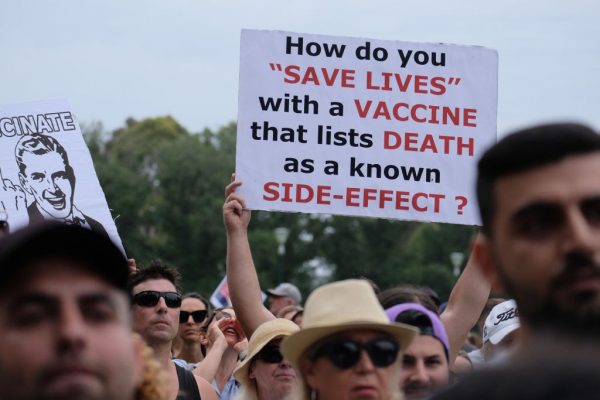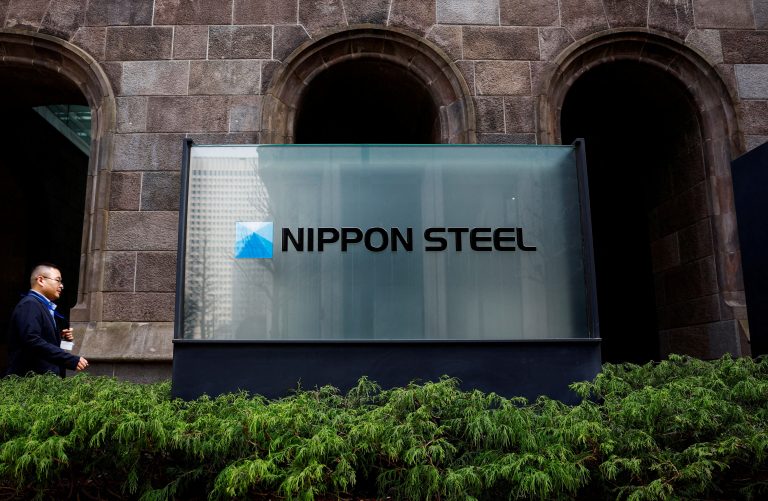A long-time Houston nurse said she lived under an environment of constant pressure and fear of discipline before eventually being terminated from her position at Houston Methodist Hospital for refusing to accept the hospital’s mandatory SARS-CoV-2 vaccination mandate.
Michelle Fuentes, a ten-year veteran at the hospital, said the faculty announced it would require all staff to take an injection by June 7, those who wished to be granted a religious or medical exemption had to submit their paperwork by May 3.
In an April 29 interview with Fox26, Fuentes said the staff was “constantly being pressured and pressured” by management to get vaccinated, but she wanted to wait for more time and research to be done on the experimental vaccines before risking potentially severe side effects.
The nurse wanted to make it clear she is not against vaccines, and that she gets her influenza vaccine every year. However, Fuentes wanted clinical trials to be completed prior to accepting the risk of adverse reaction. Currently, all vaccines available in the U.S. are released under FDA Emergency Use Authorization. Phase 3 clinical trials are not scheduled to complete until at least 2023.
The CDC’s VAERS database, used by medical professionals to report adverse side effects to vaccination, shows 157,277 reports of vaccine injury, 10715 hospitalizations, and 3837 deaths associated with the coronavirus vaccines distributed in the United States based on data ending April 30. VAERS updates its database with a one-week lag in data.
Success
You are now signed up for our newsletter
Success
Check your email to complete sign up
When Fuentes voiced her concerns with a supervisor in a last-ditch effort before handing in her resignation, she said the manager advised her to file for a religious exemption in order to save her job. Fuentes said she refused because her hesitation did not stem from religious concerns, “So, because I don’t have a religious reason and it’s a personal reason, my beliefs and my feelings aren’t as worthy as someone who has a religious reason?” she asked.
She said when she made the decision to not stay silent about her concerns surrounding the hospital’s policy, her two-week notice period was terminated early and she was escorted off the premises.
Houston Methodist denied advising Fuentes to file for a religious exemption in order to avoid a forced injection.

Fuentes, who is regularly a surgical unit nurse, told Fox she was ready to show lab results of SARS-CoV-2 antibodies in her system from a prior infection and that she had volunteered to work in the hospital’s COVID unit before vaccinations existed, “I want to be known that I was a safe nurse when I worked at the height of the pandemic and volunteered to work and did work in the COVID unit. So, I was a safe nurse then, not vaccinated, and I was able to turn back around and work in my unit without being tested and without being vaccinated.”
The hospital told Fox its employees “have the choice to stay or leave” and claimed that they are not “forcing anyone to get a vaccine,” even if not getting injected results in the employee’s loss of income and livelihood.
Analysts cited in big media often say employees have little to no rights when it comes to being told to get vaccinated or not come to work. Steve Shellist told ABC, “The hospital has a right to say, ‘If you’re going to be in close contact with patients and other medical providers, you need to get a vaccine, and if you can’t, you are not going to work here’.”
In March, a lawsuit was filed against Los Angeles Unified School District staff over a mandatory vaccination policy. The bulk of the suit’s claim revolved around the fact that the vaccines are unapproved, experimental, and only available under EUA.
Houston Methodist CEO Marc Boom told ABC “Working in health care is a privilege” when it came to his hospital’s policy.
“With privilege comes responsibility.”
Not an isolated incident
Fuentes is not alone in her story. In March, a 26-year-old North Carolina healthcare worker was given an ultimatum by her employer: get vaccinated or don’t come to work, she told Fox43.
Desiree Pelletier expressed similar worries as Michelle Fuentes, except Pelletier also had an additional concern: she was planning to have a baby. When she decided the risk of adverse reactions such as miscarriage outweighed the reward of keeping her job, Pelletier says she was placed on suspension and given 30 days to provide proof of vaccination or she would be terminated.
Corporate-sponsored vaccine aggression is not a phenomenon unique to America alone. In New Zealand, a country of 4.9 million people that has had a meager 2,642 positive PCR tests and 26 deaths associated with COVID-19 since the pandemic began according to May 9 data from Google, terminated nine Customs workers after they refused to take the experimental injections, according to Human Resources Director (HRD) magazine.
Jacinda Funnell, Deputy Chief Executive for People and Capability, claimed New Zealand Customs had redeployed most staff who refused vaccination to other assignments, but not everyone had a new post available to them.
Employment law advocate Ashleigh Fechney criticized the decision and called on the agency to at least provide severance pay. “If you’re going to terminate, at least do it in a redundancy setting…They gave up their own health and safety to protect the borders,” Fechney told HRD.
New Zealand Customs declined to pay the employees severance, according to the magazine.
With reporting by Jonathan Walker















